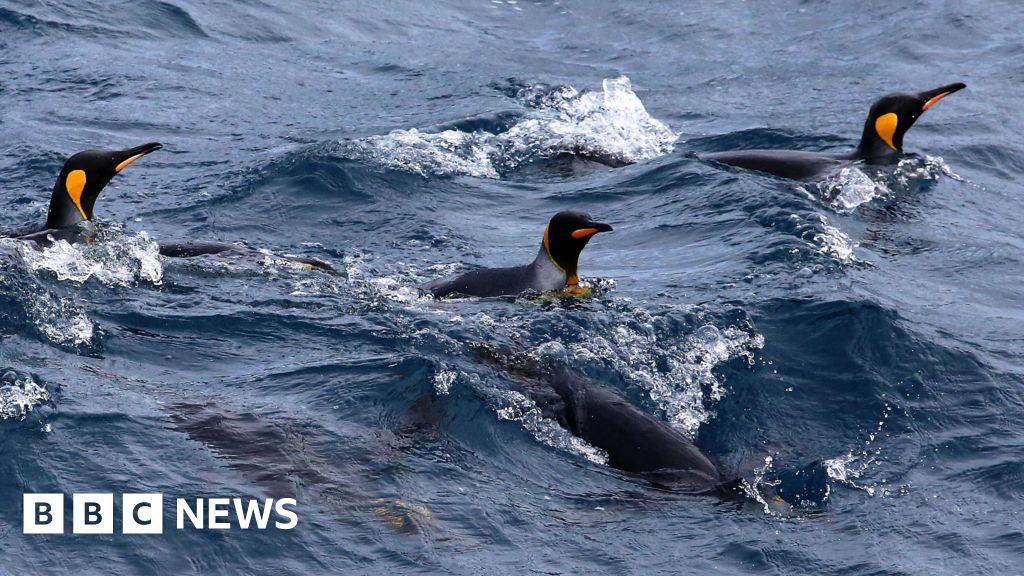Mountaineering experts often criticise Nepal’s government for allowing too many climbers on Everest, however, with about 300 permits to the mountain issued per year.
It is unclear if the price increase, which was under discussion since last year, will slow demand.
“The royalty (permit fees) had not been reviewed for a long time,” Narayan Prasad Regmi, director general of the Department of Tourism, told Reuters. “We have updated them now.”
Regmi did not specify how the extra revenue would be used.
The rise in permit fees came as “no surprise”, said British mountaineer Kenton Cool, who has reached the summit of Everest 18 times.
“In the grand scheme of the cost to climb Everest it won’t impact most foreign climbers,” he told the BBC.
“Hopefully, the extra revenue will be put to good use.”
In April 2024, Nepal’s Supreme Court ordered the government to limit the number of mountaineering permits issued for Everest and other peaks, saying that the mountains’ capacity “must be respected”.
The preliminary order did not set a maximum number, though.
Amid concerns about overcrowding on Everest and climbers queuing in dangerous conditions to reach the summit, the Nepalese army in 2019 began conducting an annual clean-up of the mountain, which is often described as the world’s highest garbage dump.
In that time at least five clean-ups have collected 119 tonnes of rubbish, 14 human corpses and some skeletons, according to the army – but it is estimated that a further 200 bodies remain on the mountain.
Nepal is home to eight of the world’s 14 highest mountains, including Everest.
Additional reporting by Anbarasan Ethirajan




Leave a Comment